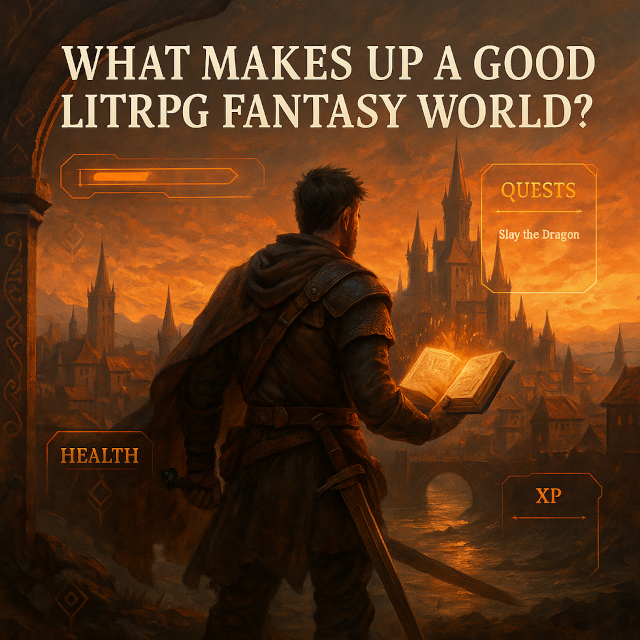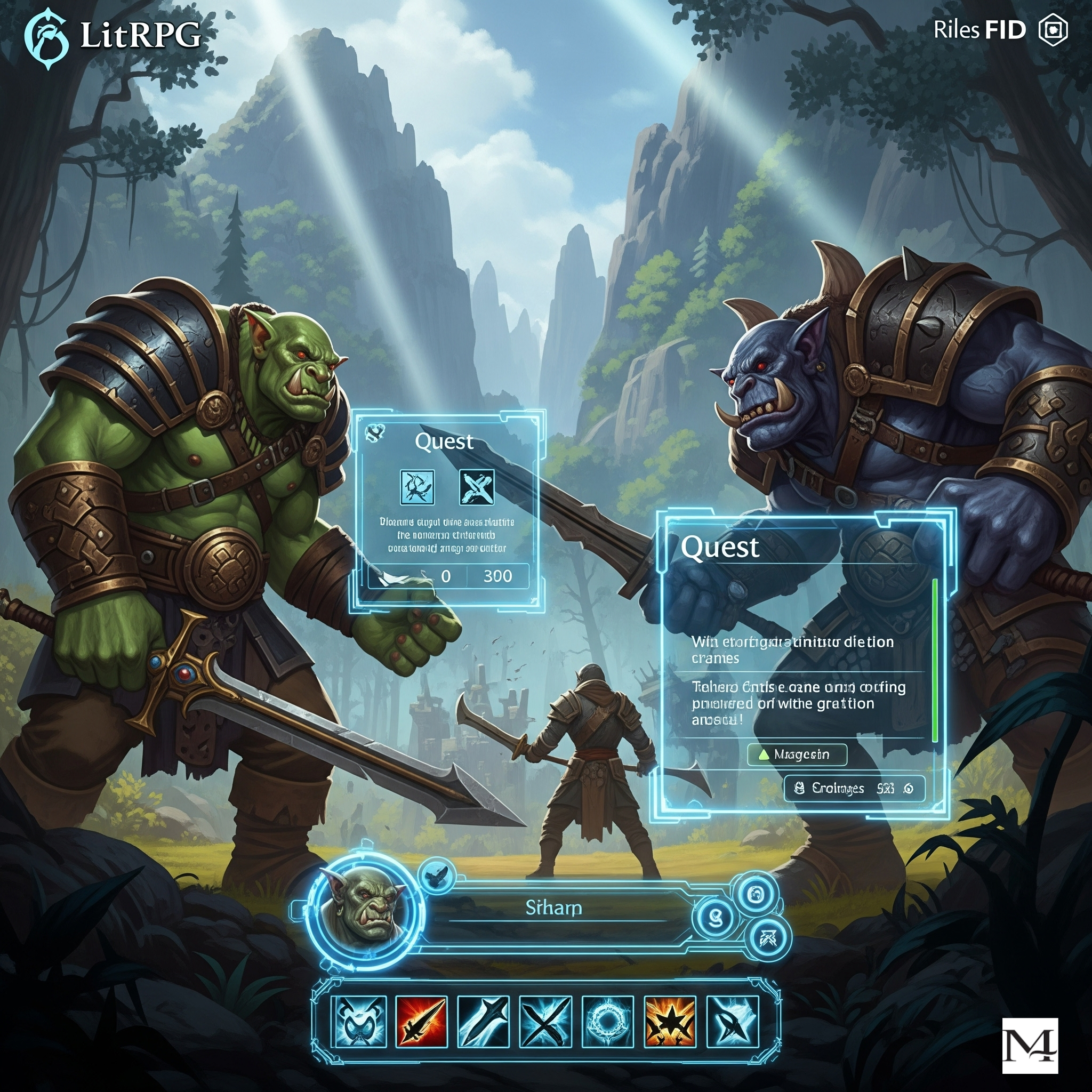What Makes a Good LitRPG Fantasy World?
LitRPG (Literary Role-Playing Game) has exploded in popularity over the past decade, blending the thrill of gaming mechanics with the depth of immersive storytelling. But what actually makes a good LitRPG fantasy world? How do authors build these vibrant universes where readers can lose themselves, page after page?
Whether you;re an aspiring author, a world-building enthusiast, or a seasoned reader, this article explores the essential elements of a compelling LitRPG world—and why believability matters more than you might think.
Core Elements of a Successful LitRPG World
At the heart of every unforgettable LitRPG fantasy realm lies a mix of familiar building blocks—defined and reinvented to serve the story. These core elements include:
1. Engaging Game Mechanics
LitRPG isn't just fantasy with a stat sheet tacked on—it's a genre where the game system is a character in itself. Readers want to see how characters grow, level up, and interact with the mechanics of the world around them. From skill trees and class systems to crafting, dungeon runs, and even permadeath, the game logic needs to feel consistent, fair, and strategically meaningful.
Tip: Balance is key. Game mechanics should enhance the narrative, not overwhelm it.
2. Well-Developed Characters
Compelling protagonists with clear motivations keep readers invested. In LitRPG, characters often face real stakes. Dying in-game may mean dying in "real life". That makes emotional depth, character progression, and believable dialogue critical to the experience.
3. Captivating Plotlines
Even the most detailed mechanics and richly imagined settings fall flat without a strong story. Whether it's a quest for revenge, a battle for survival, or a political power struggle in a digital kingdom, readers want a narrative that delivers both personal stakes and epic consequences.
4. Immersive Worldbuilding
Your world must feel real. From the factions and cities to the cultures, myths, and economies, everything must contribute to the sense that this is a living, breathing place. The best LitRPG authors use this worldbuilding to reward curiosity, offering lore, secrets, and connections that pay off over time.
Is Believability Important in a LitRPG Fantasy World?
Short answer: Yes—but with nuance.
Let's take a classic example. Tolkien's Middle Earth is one of the most beloved fantasy settings of all time. But even die-hard fans must admit that it's riddled with implausibilities. Just think about Mordor:
-
Hundreds of thousands of orcs in a volcanic wasteland
-
No viable options for food, water, or sanitation
-
Saruman builds an entire industrial army in months simply by clear-cutting a single forest
And yet—it works. Why? Because the internal mythology and tone of Tolkien's world gives it weight and cohesion. The emotional truth outweighs the logistical gaps.
Our Approach: The World of Menelon
In our own LitRPG fantasy world, Menelon, we took a different path. While we honor the sacred pillars of the generic ”magic, demi-humans, gods, miracles, dungeons, and epic quests” we've grounded the world in real-world logic.
In Menelon:
-
Armies require food, water, logistics, and roads.
-
Blacksmiths need ore, which needs mining, refining, and transport.
-
Religion has economic, social, and magical consequences.
-
Empires rise and fall not just by magic, but by supply chains and strategy.
By weaving believable infrastructure and systems into the fantasy fabric, we give the world more than just flavor—we give it weight.
Why Realism Enhances Fantasy
Grounding a fantasy world in realism doesn't make it boring. It makes it immersive. When readers understand how the world works—even if it includes resurrection spells and dragon-wrought relics—they're more likely to suspend disbelief and invest emotionally.
A well-built LitRPG world isn't just a sandbox—it's a simulation. One where choices matter, consequences unfold logically, and victory feels earned.
Final Thoughts: Build Worlds That Feel Alive
To make your LitRPG fantasy world stand out, remember:
-
Keep mechanics consistent and meaningful
-
Let characters evolve alongside their stats
-
Build a world that rewards exploration
-
Ground fantasy in logic where it counts
Whether your story unfolds in a shattered digital empire, a myth-soaked realm of gods and gladiators, or a cold, code-driven simulation, the key to success is immersive design. Don't just tell readers what the world is like—let them feel it.
🌐 Related Reading:
The Menelon Gazette
If you are interested in more content like this (plus freebies, access to premium content etc.) subscribe to our newsletter for more from the world of Menelon and its creators!




